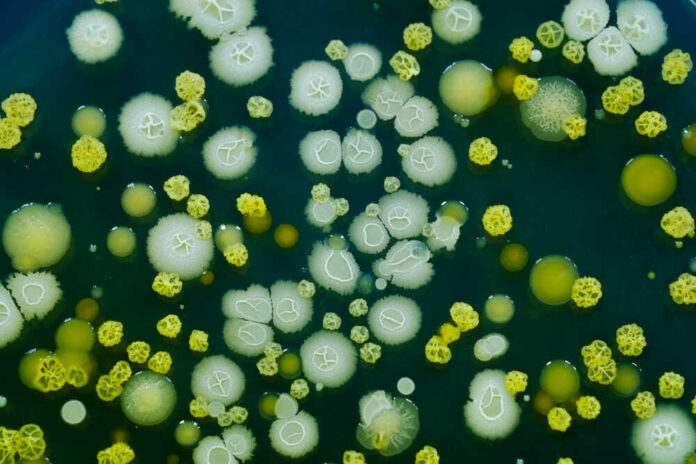
When it comes to oral health, there are few things more dreaded (and more common) than cavities. They’re painful and annoying, and can ultimately lead to more severe dental problems if left untreated.
But what exactly causes cavities, and how can we prevent them from forming in the first place?
What Are Cavities?
Cavities, also known as dental caries, are small holes that form on the surface of teeth. They are caused by the buildup of bacteria in the mouth, which produce acids that break down the tooth enamel. If left untreated, cavities can cause tooth decay, gum disease, severe infections, and even tooth loss.
Causes of Cavities
Cavities are generally caused by a combination of factors:
- Bacteria: The main cause of cavities is bacteria, which is present in everyone’s mouth. The bacteria feed on the sugar and starch in the food we eat and produce acid, which can erode the tooth enamel and cause cavities.
- Sugary foods and drinks: A diet high in sugar and carbohydrates can increase the risk of cavities. Sugary drinks, candies, and snacks can stick to the teeth and feed the bacteria in your mouth, leading to the production of acid that causes cavities.
- Acidic foods and drinks: Acidic foods and drinks can also cause cavities. Citrus fruits, juices, and carbonated beverages can all wear down your enamel, making it easier for bacteria to cause decay.
- Poor oral hygiene: If you do not brush your teeth regularly or do not floss, food particles can remain in your mouth and feed the bacteria, leading to the production of acid that causes cavities.
How To Prevent Cavities
Preventing cavities involves a combination of good oral hygiene and a healthy diet.
- Brush and floss regularly: Brush your teeth and floss at least twice a day to remove any food particles and plaque from between your teeth.
- Limit sugary and acidic foods and drinks: Try to reduce your consumption of sugary and acidic foods and drinks, and if you do indulge, rinse your mouth and brush your teeth afterward.
- Drink plenty of water: Drinking water helps rinse away the food particles and harmful bacteria from your mouth, reducing the risk of cavities.
- Use fluoride toothpaste: Fluoride toothpaste can help to strengthen your tooth enamel and make it more resistant to decay.
- Visit your dentist regularly: Frequent dental checkups and cleanings can help to detect and treat cavities before they become more serious.
By following these steps, you can help to keep your teeth healthy and cavity-free.
If you experience any pain, sensitivity, or other dental issues, it’s important to visit your dentist as soon as possible to get a proper diagnosis and treatment.






















